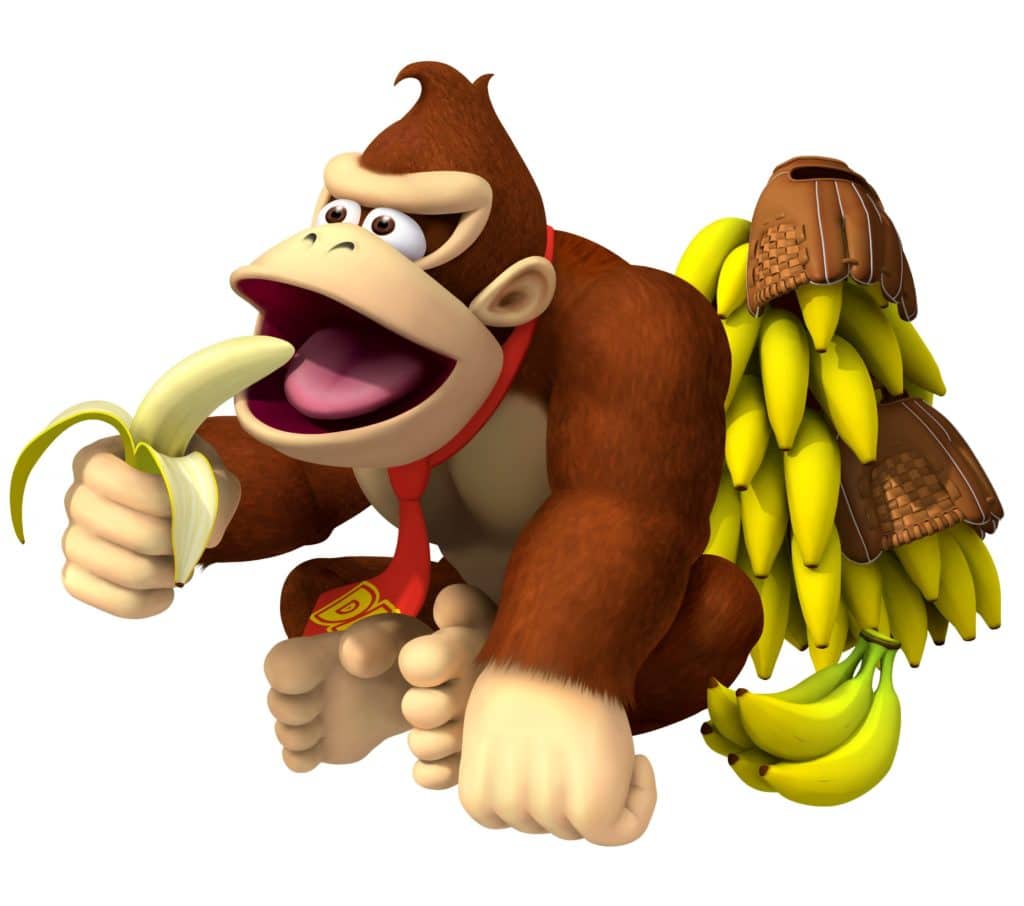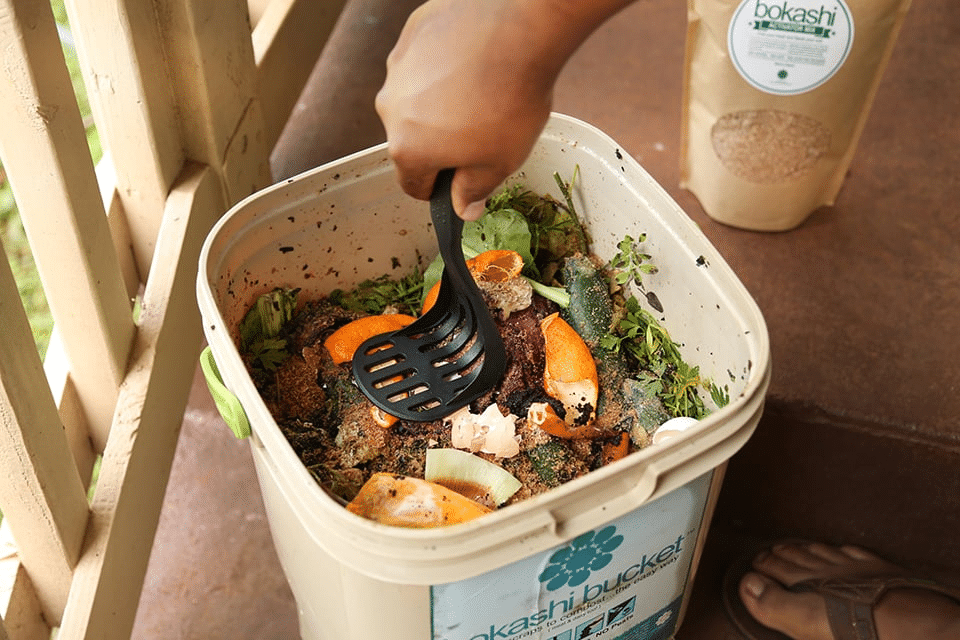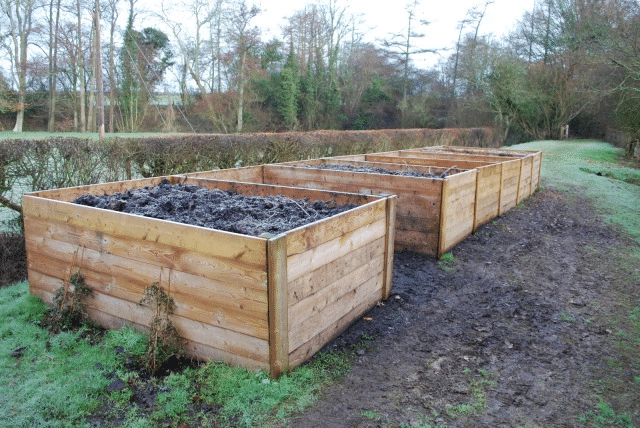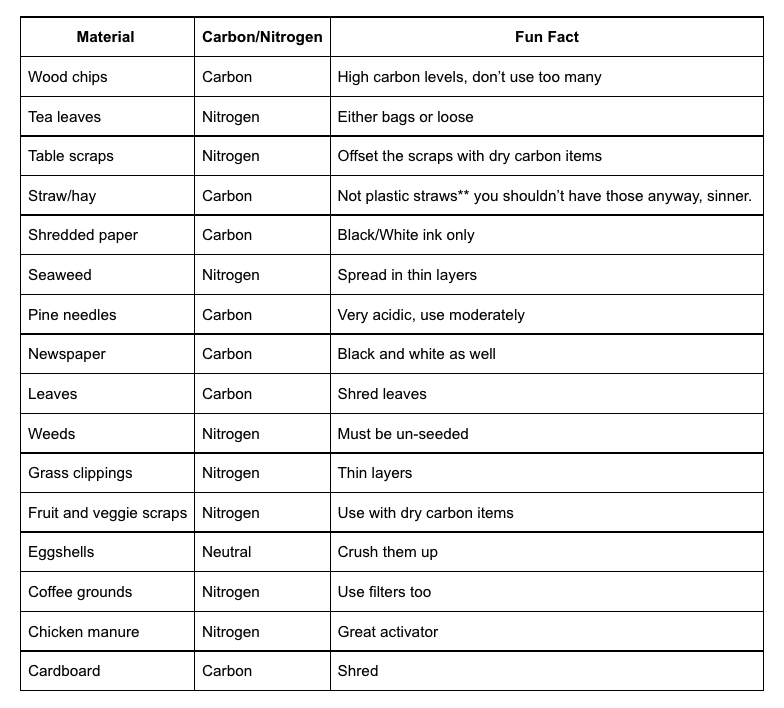*This is part of a summer blog series written by an anonymous member of our alumni community. The opinions expressed here are independent of GREEN Program and do not necessarily represent the views of our organization.*
*Fun fact. Approximately 54 lives would be saved a month in the Nintendo World if Donkey Kong would just compost his bananas after he ate them.

What is Composting?
Composting helps speed up decay. They say wine is best when it is aged, but we’re too impatient to wait these days. (now that I mentioned wine, do I have your attention?) Composting creates the ideal situation for detritus-eating organisms to thrive and break down organic at optimal speeds. Just like the the perfect cereal to milk ratio, these microorganisms need the right mix of warm temps, moisture, nutrients, and oxygen.
Why should I compost?
Do you have house plants? Do you garden? Do you hate weeding? Are you just like me and are going to get the triple R (reduce, reuse, recycle) tattooed on your forehead? If you answered yes to any of these questions (especially the 4th one, I need help finding an artist that will actually do it..) then you are just the person that should compost (if you don’t have plants keep reading for plant recommendations you need to have). Composting creates nutrient rich soil for plants to thrive and weeds to wither away to the annoying nothingness they are. If you go to your local Home Depot or Lowes (names redacted because no free ads) you can buy bags of ready composted soil that comes in a plastic bag and took way too much time, effort, and dirty energy in the form of fuel for transportation to make. Little do you know, you have everything you need at home to compost.
Getting a composter
You could go out and spend $20, $50, or even up to $100+ on one of them fancy-mancy compost buckets, but if you’re a broke bitch like me you can make a DIY compost bucket out of all sorts of household/cheap items. Check this list of cool composting bin DIY ideas. Keep in mind size when you are choosing a bin. If you just have a few potted plants lying around the house there is no need for the 28 gallon tub of compost; however, if you are a full fledged green-thumber by all means go for the gusto and grab the tub.


Filling up the composter
Now this thing isn’t the garbage shoot in Whovile. You don’t get to just toss all your garbage in the bin and turn it into plant food. There are two main things that a composter gets filled with: browns and greens. Browns and greens contribute carbon and nitrogen, respectively, to your mad scientist compost concoction. The best ‘browns’ include shredded newspaper, wood chips and dry leaves and the ideal ‘greens’ include kitchen waste and grass clippings.
Some say it is necessary to have more carbon items that nitrogen items so they say to make it about a ⅓ green mixture to ⅔ brown mixture. However, play around with this. We’re not scientists. All situations are different, have fun with it and just see what works and what doesn’t.
Make sure to lay any of the leaves, sticks, or straw first to get a nice base. Keep the compost bin moist and rotate everything around once a week. Make sure your bin stays covered to keep the heat and moisture in the compost. Add some worms to the mix if you’re feelin frisky, they are great at naturally aerating your mixture.
A funlist:

Don’ts
- Don’t put your pet poop in the composter
- Don’t put diseased plants in the composter
- Don’t compost meat or fish
But I don’t have plants!
Have no fear! Go and get a plant! Get a tomato plant and challenge yourself to make some homemade tomatoes. Better yet, look into plants that filter the air in your house and help you breathe better! Natural remedies are dope. Be a cool kid. Do the compost.
